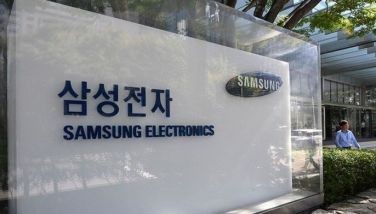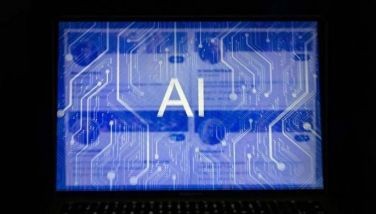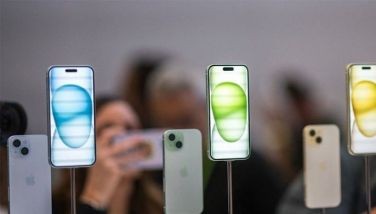Questions and answers about new self-driving car safety data
LOS ANGELES — While self-driving cars already are being tested on public roads, newly released safety data support the cautionary view that the technology has many miles to go before people can sleep at the wheel.
That doesn't mean relief is decades away for commute-weary drivers. It's possible, even likely, that within a few years, mainstream cars will be able to drive themselves reliably — on routes they have mastered, in weather they can handle, and on the premise that a driver will be ready to take over in moments.
Traditional automakers and technology companies such as Google are investing hundreds of millions — probably billions — of dollars in a race to market.
Google was one of seven companies required to disclose to California's Department of Motor Vehicles the number of times a trained test driver had to seize the wheel either because of a technology failure or because a prototype car was driving unsafely.
The DMV released those reports Tuesday. The data they contain are the most detailed look yet at how safely the prototypes are performing.
Some questions and answers about what the data reveal about the state of the technology:
___
WHAT BECAME CLEAR THIS WEEK?
It became clear that even Google, which has done the most testing in California by far, is not on the cusp of perfecting a car that doesn't need a driver. And that, for now at least, traditional automakers remain far behind.
The data on "disengagements" of the self-driving technology document the gap.
Google reported that, in 424,000 miles of testing since autumn 2014, its cars needed human help 341 times due to serious safety issues. The leader of its self-driving car project, Chris Urmson, said that while he considers the results encouraging, they show room for improvement. After all, by the company's own analysis, there were 11 instances in which the car would have had an accident if its driver had not taken over.
Five other companies combined said their prototypes drove about 36,000 miles in the same time period — and needed human help more than 2,400 times. Those five companies were Nissan, Mercedes-Benz, Audi, and parts suppliers Bosch and Delphi.
The seventh company, Tesla Motors, reported no problems — but did not report that it drove any test miles, either.
___
WAIT, TESLAS ARE PERFECT?
No. Just go online and you'll find videos where the "autopilot" feature already in some Tesla sedans drove erratically enough that the driver grabbed the wheel.
The fact that Tesla reported no "disengagements" was puzzling. It could reflect a company interpretation of the reporting requirements.
Tesla isn't talking. Asked about its problem-free report, spokeswoman Khobi Brooklyn said the company was not releasing any details. The California Department of Motor Vehicles said it was still reviewing all reports.
___
WHAT DO OTHER COMPANIES HAVE TO SAY ABOUT THE DATA?
Google's report offered the most detail and explanation, by far. Other reports were not nearly as descriptive.
A spokesman for Nissan, which has said it wants to have "commercially viable autonomous drive vehicles" by 2020, said disengagements are an expected part of testing.
"The timing of Nissan's on-road autonomous vehicle testing sessions was as planned and consistent with our autonomous vehicle development schedule," company spokesman Steve Yaeger wrote in an email.
Other companies did not respond to requests for comment.
___
WHAT ARE THE BLIND SPOTS IN THE DATA?
It's hard to draw direct comparisons between companies. The raw numbers say nothing about the conditions the cars were tested under (one rainy day can mean many more disengagements), or how hard the companies pushed them. If one company ventured to the hilly, hectic streets of San Francisco, its disengagement numbers likely would spike.
That said, Google's numbers do compare favorably to other companies. The Silicon Valley pioneer has a significant head start — it began testing several years before other companies.
- Latest
























